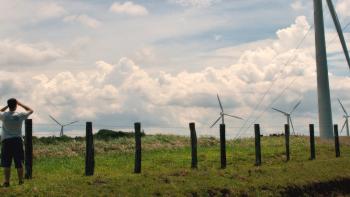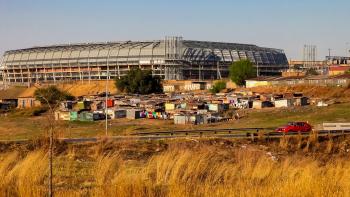The Research Facility on Inequalities, supported by the EU’s Directorate-General for International Partnerships (INTPA) and implemented by AFD since 2017, was designed to deepen the understanding of socio-economic inequalities in low and middle-income countries and to analyze strategies to reduce them.
The final conference on the Facility will be held online from 22 to 25 March 2021. After three years of research and 23 projects carried out in more than 20 countries, this conference will be the occasion to share the results and conclusions that can be drawn and applied to public policies and cooperation strategies.
Register to attend virtually here
Inequalities and Covid-19 in Burkina Faso
One of the projects funded by the Facility analyzed inequalities in Burkina Faso in the context of the Covid-19 crisis. This work was led by Jean-François Kobiane, Bassiahi Abdramane Soura, Ali Sie, Idrissa Ouili, Idrissa Kabore, Sibi Guissou and coordinated by Linda Zanfini from AFD.
The study focused on three key sectors: health, education and the economy. According to the authors, the pandemic has revealed the limits of Burkina Faso’s health system in terms of infrastructure, equipment, and human resources.
Regarding education, offering educational content in the media and online highlighted strong inequalities of access to information technology. In fact, it exacerbated overall inequality between social classes. Economically, the measures that have been taken have not only had a negative impact on external trade but also on domestic production and demand. This has affected urban areas in particular, where employment is highly dependent on the informal sector and workers receive a daily income.
Read the full research paper here
"Who bears the burden of climate variability? »
The Facility has also supported the production of a comparative analysis of the impact of climate change on inequalities in Vietnam and Indonesia. This study, conducted by Grazia Pacillo, Cuong Nguyen Viet, Silvi Hafianti, Kseniya Abanokova, Hai-Anh Dang, Harold Armando Achicanoy Estrella, Peter Laderach and coordinated by Cecilia Poggi shows that people living in areas that are highly vulnerable to climate variability (especially coastal areas) often have limited opportunities to improve their well-being.
Consequently, they often fall into a spiral of poverty and social exclusion. Climate-related hazards could therefore have disproportionately higher impacts on these people, who are characterized by a high vulnerability and a low resilience, which makes it far harder to recover from disasters.
Read the full research paper here

This project is carried out with the support of the European Union














